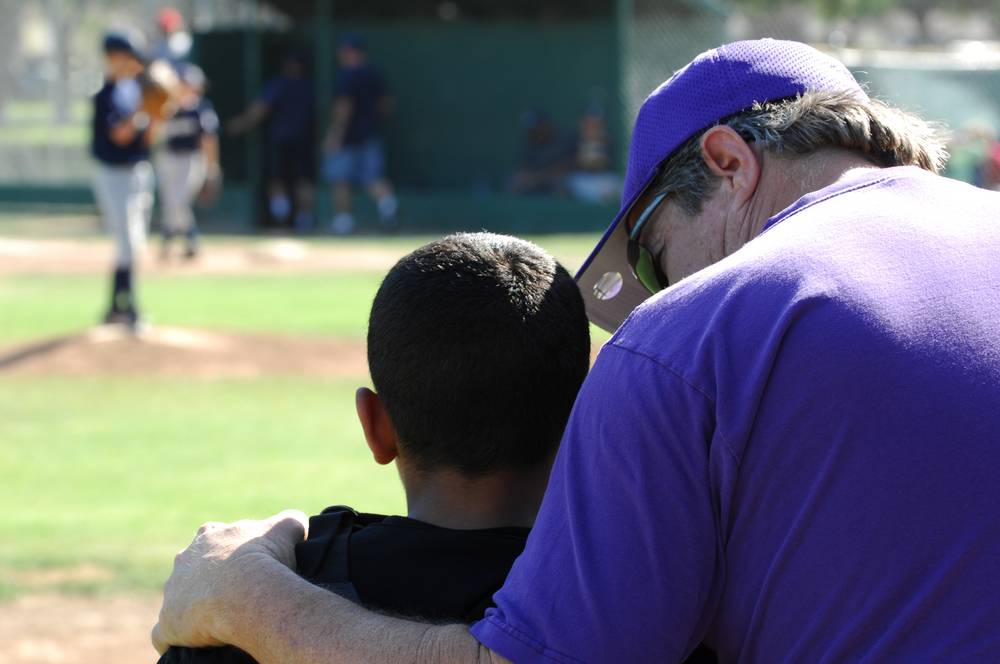
We all have stories from our personal sports biographies, and that’s fine, but as parents our deep wish should be that our kids develop their own stories. You can create a whole new narrative: your kid’s most treasured and enduring memories. As you string together the top ten moments in your kid’s game, keep in mind that they don’t all have to be about the goal he scored or the shot she saved. Included among them can be unexpected gems. For example, that 1,000-watt smile you caught on your daughter’s face as she started the final kick of her 800-meter race, or the perfect, selfless pass that your son made when he had a clear shot at the goal but noticed a teammate in better scoring position.
The following are four specific ways that you can better respond to your young athlete’s game:
1. Hold your criticism.
2. Create an alternative narrative by developing a mental highlight reel of your kid’s game and playing it back to him over the next few days.
3. Keep your comments simple and focused. Don’t shower your child with false praise. It embarrasses her.
4. Remember: What you say matters. Really matters. There are no throwaway comments, so be careful and be prepared.
This is the Whole Child Sports approach in practice. Because, by including positive comments about her whole performance, you are, in effect, saying to your child, “I’m present, and I notice all of you—not just the points or goals you score.” A kid thrives when basking in the glow of her parents’ attention. With this approach you avoid being a hovering sports critic or fan whom she worries about impressing, but are a parent, first and foremost, and a partner, someone who accepts her and with whom she shares these special moments on her athletic journey. That’s how you develop a Whole Child. ♦
From Kim John Payne, Luis Fernando Llosa, & Scott Lancaster. Beyond Winnning: Smart Parenting in a Toxic Sports Environment (Lyons Press, Connecticut, 2013)
